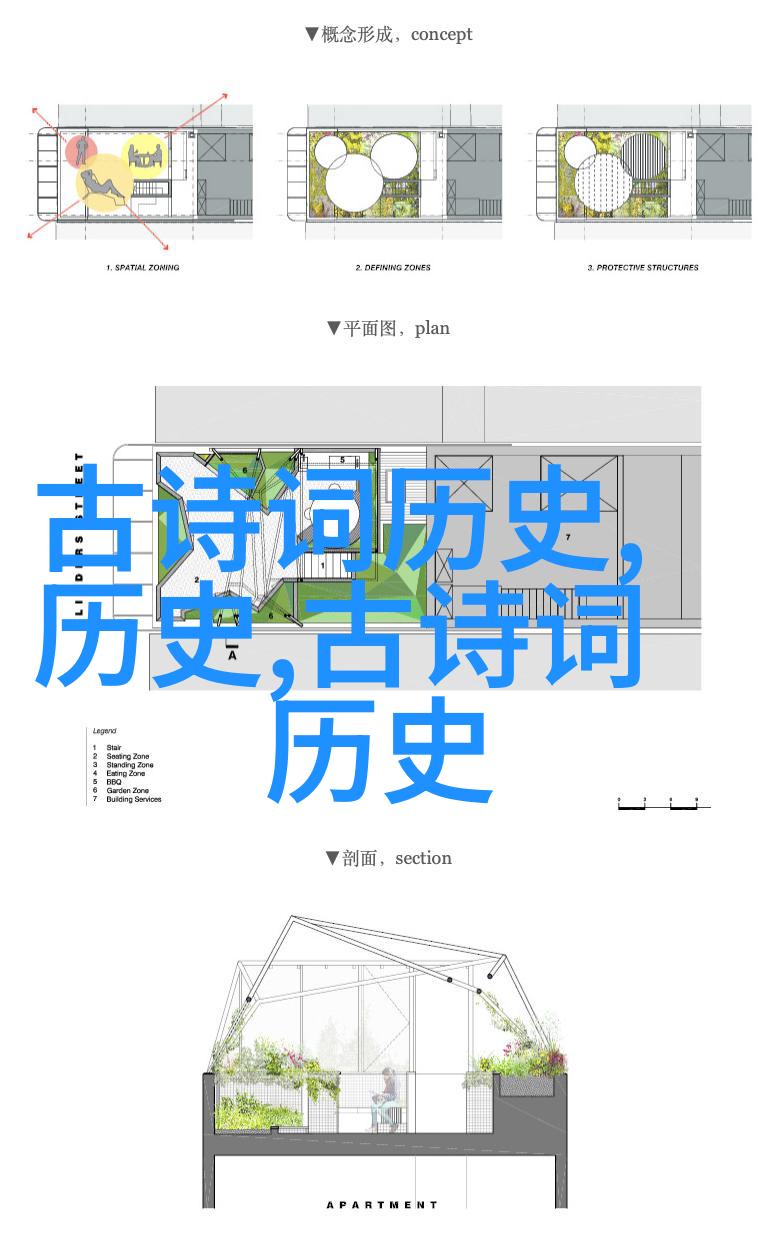婴儿古诗梦0岁学者首度尝试的文韵奇迹
婴儿古诗梦:0岁学者首度尝试的文韵奇迹

传统文化的起点
从0岁开始学习古诗,似乎是一个逆向思考的问题。然而,这种做法也许正是对传统文化的一种尊重和推崇。我们可以从婴儿学古诗这件事上,体会到中华民族深厚的文化底蕴和对未来世代教育的期待。

早期语言能力培养
研究表明,早期语言环境对于孩子后续语言发展至关重要。通过学习古诗,我们不仅能够提高孩子们对汉字、语音以及文学节奏感知能力,还能为他们打下坚实的语言基础,从而促进更快、更全面地语言发展。

文化遗产的继承
在全球化的大潮中,许多年轻人可能会感到自己与中国传统文化之间存在隔阂。在这个过程中,让0岁的小朋友接触到古诗,可以帮助他们建立起与祖先连结的心理联系,为他们提供一种独特的情感归属感。

心灵世界的启迪
babies are naturally curious, and they love to explore the world around them. Through ancient poems, we can introduce them to a rich tapestry of ideas, emotions and experiences that have shaped Chinese history and culture.

创造力和想象力的培养
Children's minds are like sponges, soaking up information from their surroundings at an incredible rate. By exposing them to classical poetry from a young age, we can help foster their creativity and imagination as they begin to make connections between the words on the page and their own experiences.
家庭教育中的新尝试
Finally, teaching ancient poetry to babies represents a new frontier in family education – one that encourages parents and caregivers to think creatively about how they can share their cultural heritage with the youngest members of their families.
总结:这样的方法不仅能让宝宝在生活中获得更多乐趣,也能够让家庭成员之间增进理解和交流,为将来潜心学习奠定坚实基础。